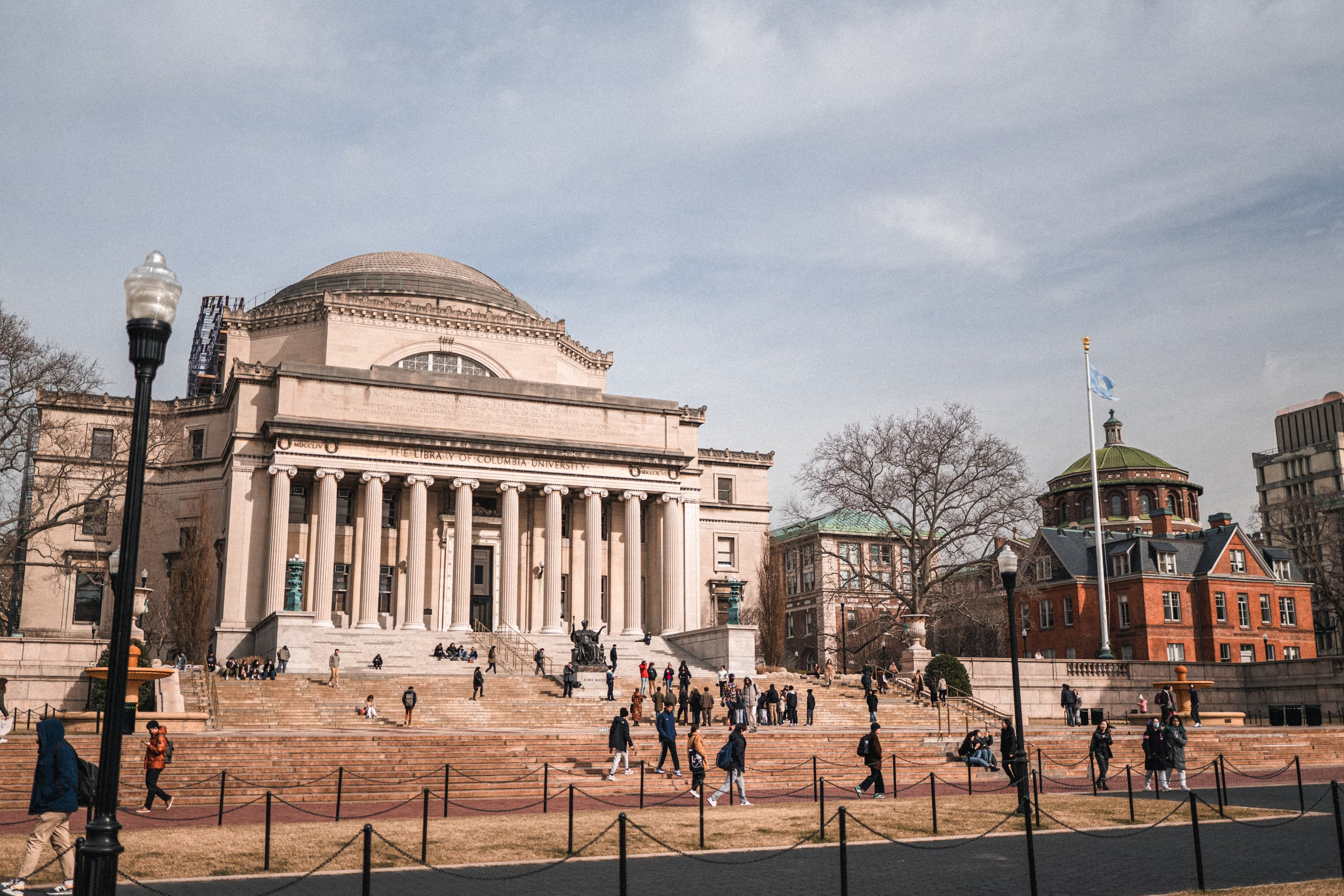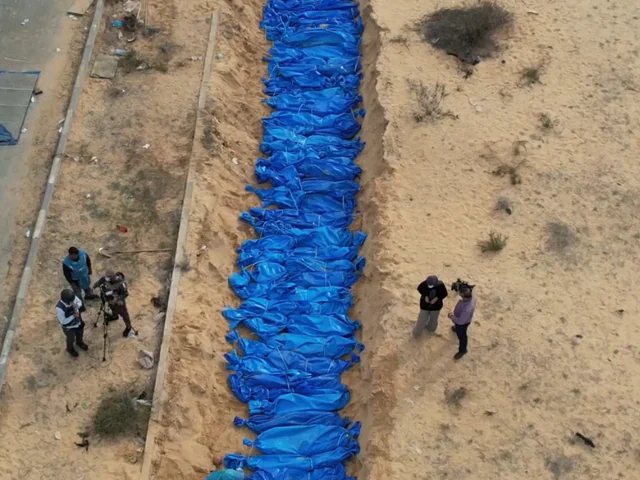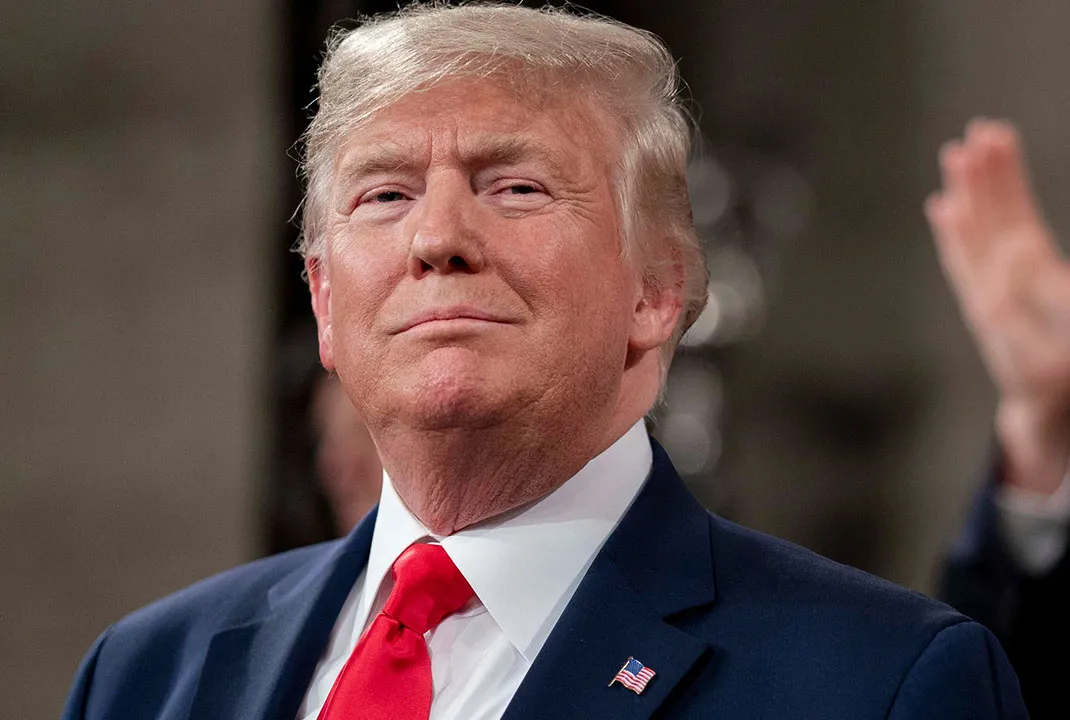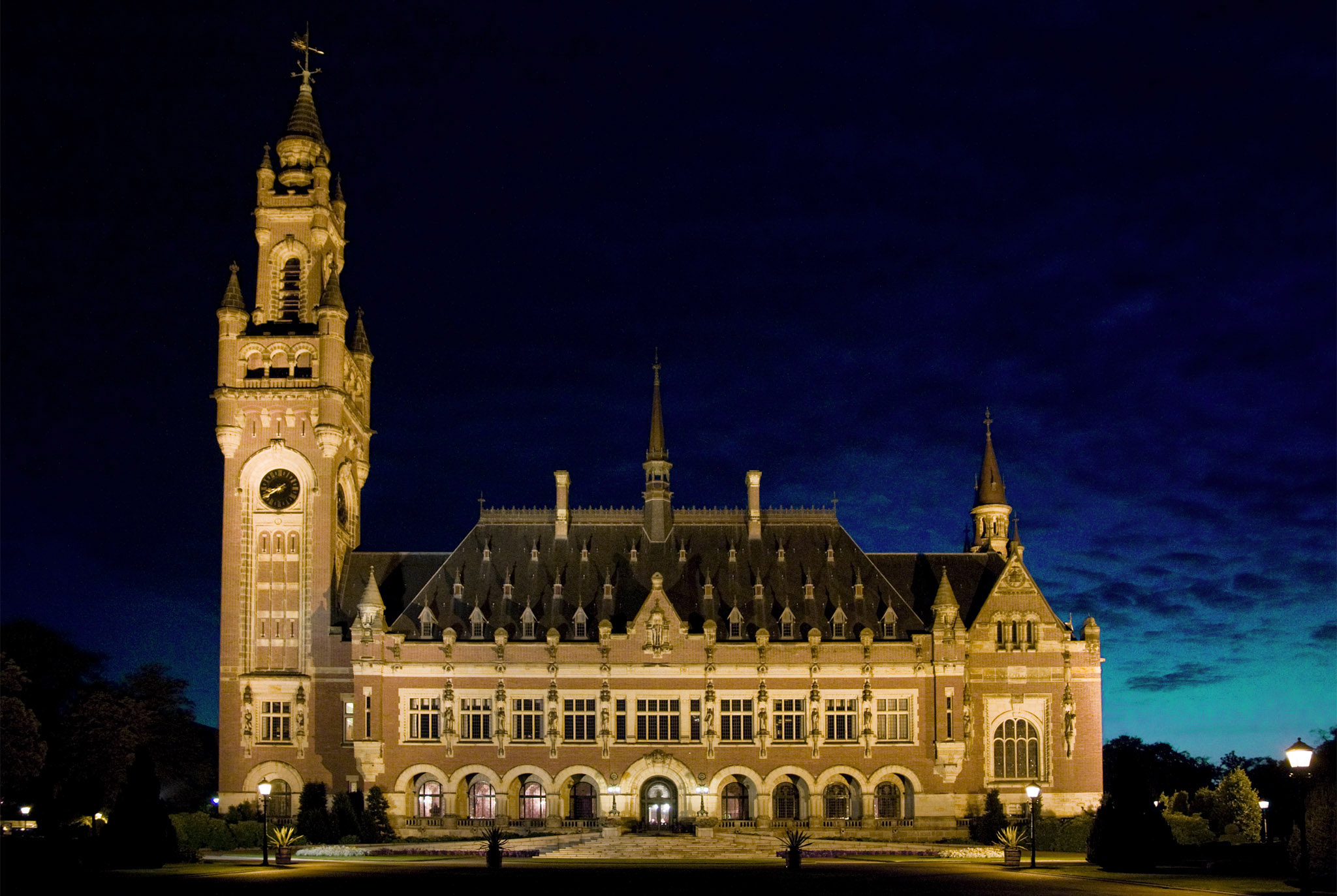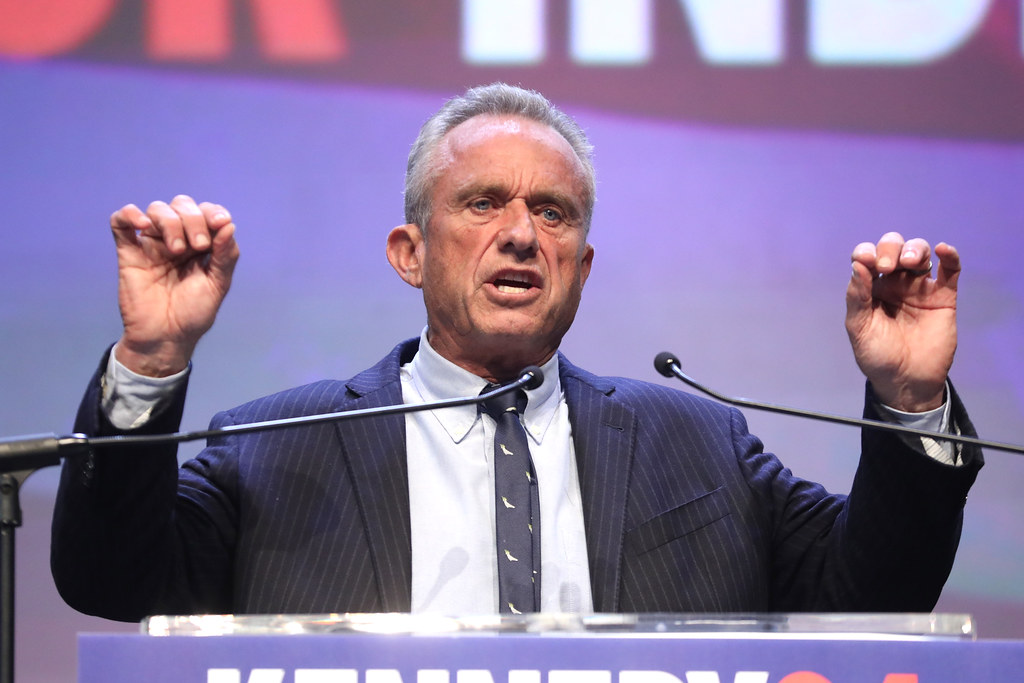Katrina Armstrong has resigned as Columbia University’s interim president, marking the second time in less than a year the Ivy League institution has lost its top leadership. Officially, Armstrong will return to her role at Columbia’s medical center—but the context suggests something more forceful: political pressure from the Trump administration.
Her resignation comes just days after Columbia agreed to sweeping policy changes demanded by the White House in exchange for the reinstatement of $400 million in federal funding. Among the conditions: a ban on masked protests, restrictions on campus demonstrations, revisions to admissions policies, and external oversight of the Middle East studies department.
Faculty and students described the agreement as capitulation. Some said Armstrong appeared increasingly sidelined in recent weeks, as federal officials, trustees, and political appointees dictated terms. Sources close to the administration said Armstrong was uncomfortable with the growing intrusion of politics into academic governance and was under mounting pressure to implement directives she did not fully support.
Her departure follows that of Minouche Shafik, who resigned as president last August after criticism over her handling of campus activism, particularly pro-Palestinian demonstrations. Armstrong stepped into a volatile situation—and leaves it no less volatile. Columbia’s leadership vacuum now deepens amid growing internal resistance and external surveillance.
The university’s governing board named journalist and trustee Claire Shipman as acting president, a move seen by some as a further pivot toward media management over academic leadership.
Columbia now stands at a crossroads: caught between federal demands and its stated commitment to free expression. For many on campus, Armstrong’s quiet exit was not just a resignation—it was a warning.
Author
Discover more from The Crustian Daily
Subscribe to get the latest posts sent to your email.

